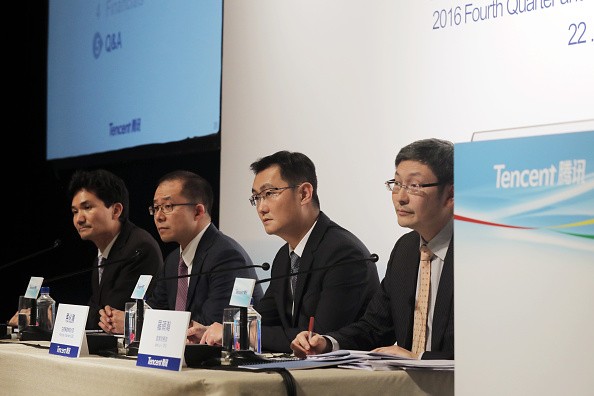Amid restrictions faced by U.S. companies wanting to enter the Chinese market, Tencent Holdings opened its first data center in Silicon Valley recently, as part of efforts to expand its cloud computing service in the U.S., Fox Business said in a report.
Tencent is the second Chinese company to open a data center in the U.S.'s tech capital, following Alibaba Group, which has already two data centers in the area and another one in the East Coast, according to a statement released by Tencent on Wednesday, April 26.
Many Chinese tech companies have strengthened their cloud computing businesses to seek growth as demand for computing power overseas is on the rise.
Firms used cloud platforms for additional storage, computing and networking resources, which are more economical and do not require on-site servers.
Tencent's U.S. expansion came as U.S. lawmakers wrote to Chinese Ambassador Cui Tiankai in Washington, protesting about China's policies requiring foreign cloud providers to form joint ventures in order to do business in the country.
In the letter, the U.S. solons also objected to the proposed policy that requires foreign tech companies to turn over to their Chinese partners the ownership and operation of the companies, which they said could lead to the transfer of U.S. intellectual property.
"The access for foreign cloud companies in the market today is much more restrictive than it has been in the past," said Jake Parker, the vice president of China operations at the U.S.-China Business Council, which represents 200 U.S. multinational companies in China.
Data from industry researcher IDC show that China's market for cloud infrastructure as a service (IaaS) grew 68 percent to $1.47 billion in 2016.
Meanwhile, Amazon and Microsoft Corp. have to form a partnership through a joint venture to operate in China.
The data further showed that Alibaba has 40 percent control of the Chinese cloud market, while Microsoft, the biggest foreign cloud provider in China, has only 5 percent.



























